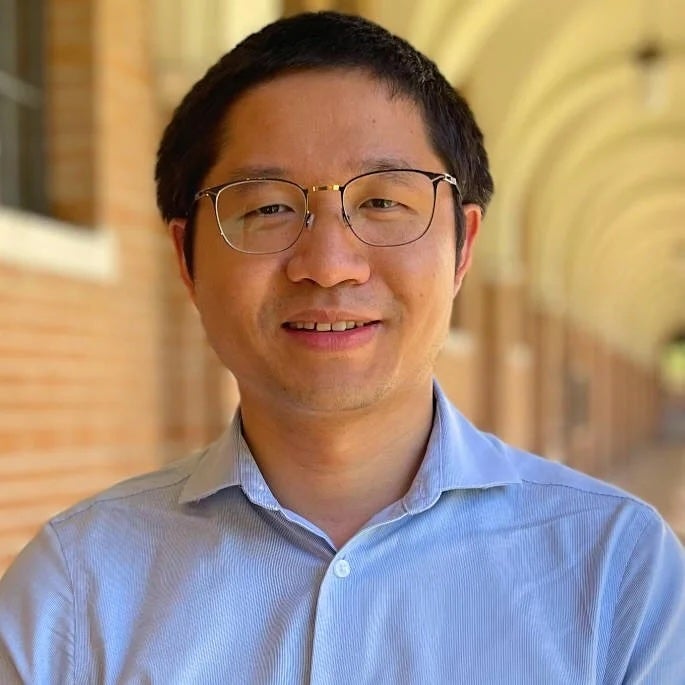SURF Mentoring
Potential projects/topics: The Mou Lab focuses on developing chemical biology tools to study RNA biology and explore novel RNA-related technologies. Potential projects for undergraduate researchers include: 1. Developing tools to map the 3D spatial distribution of mRNAs in single cells and tissues to gain insights into biological processes such as cancer heterogeneity, developmental biology, and neuroscience. 2. Engineering site-specific mRNA modifications to understand their role in mRNA transport, translation, stability, and immunogenicity, with applications in mRNA vaccine development. 3. Contributing to the design of high-fidelity CRISPR/Cas gRNA systems for precise gene editing, with potential applications in disease detection and treatment.
Potential skills gained: Students will gain hands-on experience in: 1. Basic laboratory techniques (pipetting, gel electrophoresis, and solution preparation). 2. RNA biology, including RNA synthesis, modification, and purification. 3. Molecular biology techniques such as PCR and DNA/RNA sequencing. 4. Experimental design, troubleshooting, and scientific communication skills. Collaboration and interdisciplinary research in chemical biology and b
Required qualifications or skills: Preferred majors: Chemistry, Biochemistry, Bioengineering, or Biology. No prior lab experience is required; training will be provided. Basic coursework in chemistry or biology is recommended. A willingness to learn, attention to detail, and strong organizational skills are essential.
Direct mentor: Faculty/P.I., Post-doctorate, Graduate Student

